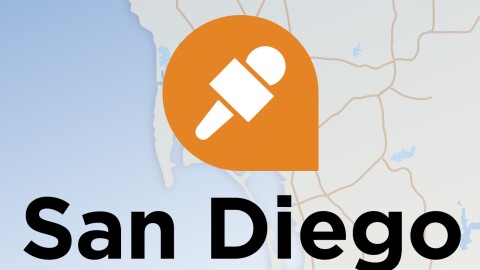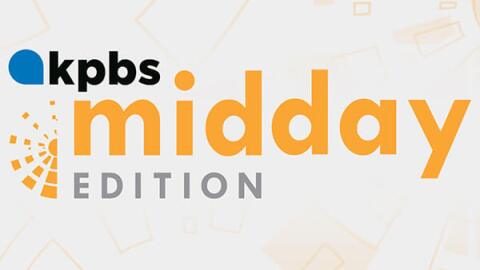Gun rights advocates have filed a lawsuit challenging a California law that would allow private citizens to sue anyone who distributes illegal firearms.
The bill, Senate Bill 1327 — signed by Governor Gavin Newsom in July — was explicitly modeled off of an abortion law in Texas. That law allows private citizens to sue anyone who provides or assists in providing an abortion.
The plaintiffs of the complaint, which includes the San Diego County Gun Owners PAC and local firearms dealer Gunfighter Tactical, claim that the California law violates the First Amendment.
"The gun owners in this particular case are saying the explicit reason for this law, SB1327, is to chill the exercise of Second Amendment rights to keep and bear arms by making cost prohibitive to sue, because if they lose, they have to pay the government or whoever the defendants are attorney's fees," Dan Eaton, a constitutional law scholar, said. "And that effectively chills their First Amendment right to petition the government for redress of grievances. In this case, the grievance that their constitutional right to keep and bear arms is being unduly restricted,"
SB1327 is set to go into effect on Jan. 1, 2023.
Eaton, a partner in the San Diego law firm, Seltzer, Caplan, McMahon, Vitek joined Midday Edition on Wednesday with more details on the lawsuit.
-
The San Diego County Sheriff’s Department says there have been 17 in-custody deaths this year, but advocates say that number is wrong and are demanding accountability.
-
Gun rights advocates have filed a lawsuit challenging a California law that would allow private citizens to sue manufacturers of illegal firearms.










